We recently connected with Mathew Prock and have shared our conversation below.
Mathew, thanks for joining us, excited to have you contributing your stories and insights. Let’s jump right into how you came up with the idea?
I started working in the recording industry in 1995 as an intern at a studio in downtown Chicago called Hinge. It was an unpaid internship but I stuck around and made myself valuable enough that they eventually hired me as an assistant. Over the course of 8 years, I became a staff engineer and developed strong relationships with various clients while there. As knowledge of my work grew, these clients started asking me more and more often to work on projects outside of the studio and I had to decide which to pursue. In 2003, I finally made the decision to go freelance, and Area 44 Music was born.
This was not an easy decision at the time. I was used to working at a high-end studio with all the latest and greatest gear, in a very controlled and great sounding environment. But this was also at the time when the industry was adapting to digital recording and DAWs (digital audio workstations). I was able to buy a Mac G4 and Pro Tools interface and have a ‘recording studio’ in my apartment- something that would have been unthinking even 2 or 3 years prior to that time. I still needed the big studio for certain recordings and mixing in the box (with software only, not outboard hardware or consoles) was still in its infancy, but it was a start. Over the years, I bought the gear I needed to work at my best, and developed my skills to adapt to the ever-changing recording industry. Now, 20 years later, I have a full service studio stocked with amazing gear, microphones, and instruments, but it literally took that time to get to this point.
This is not a career I recommend anyone getting into lightly. You have to love the process more than just the music you are working on. One month may be the busiest you’ve ever had and the next you’re wondering if anyone will even call you for work again. But I can’t imagine doing anything else with my life at this point, and I think my passion for the work I do comes across to my clients. And that appreciation is very rewarding in its own right.
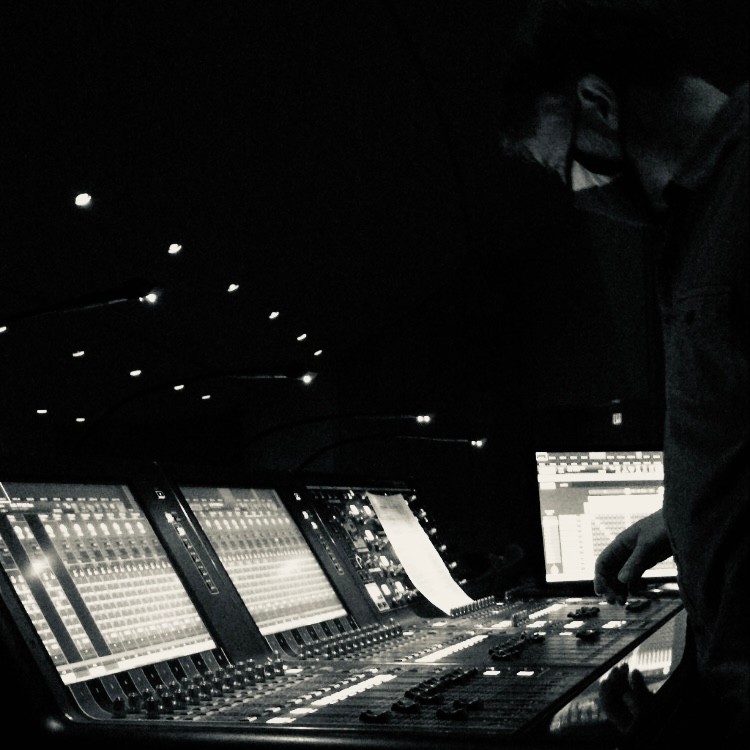
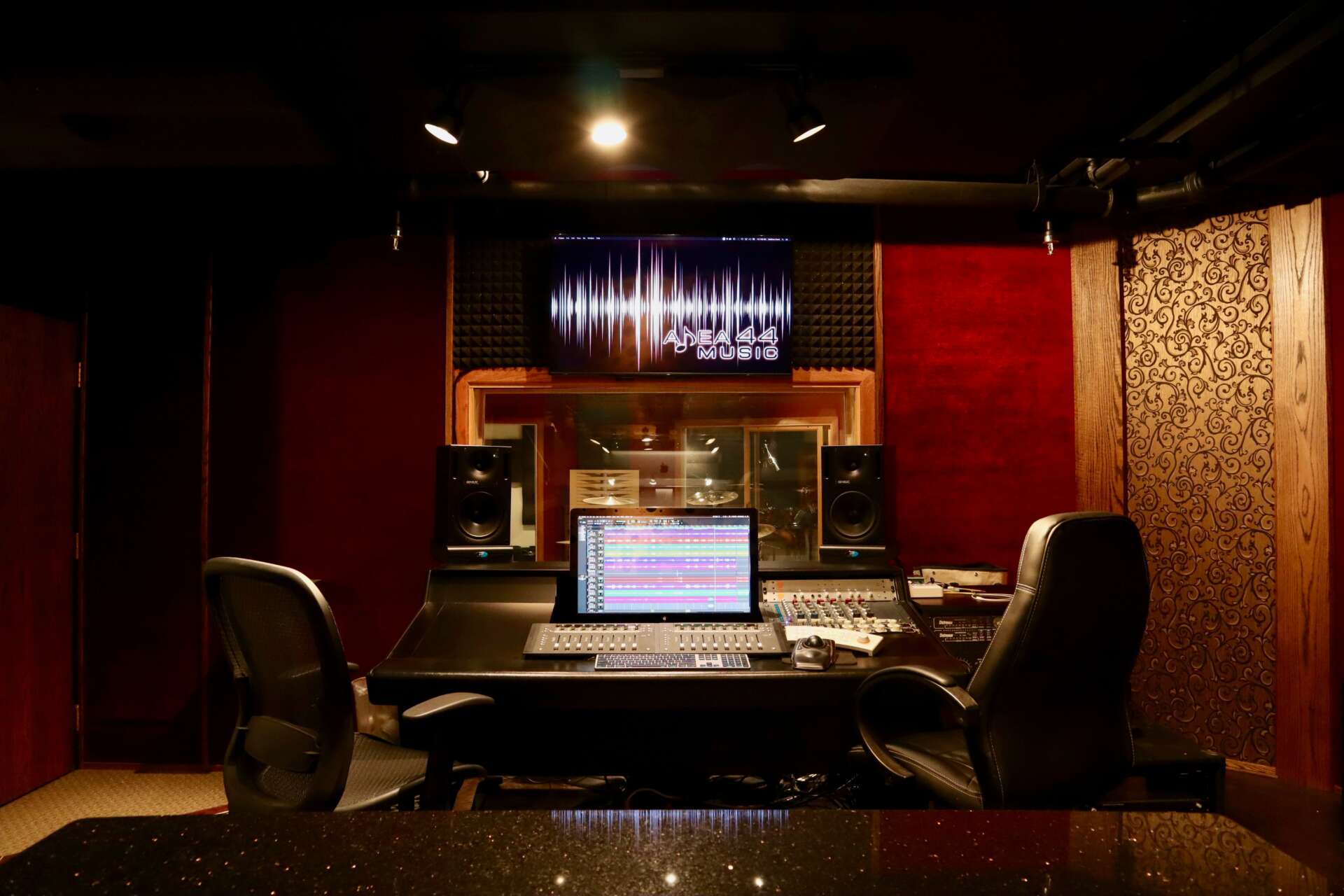
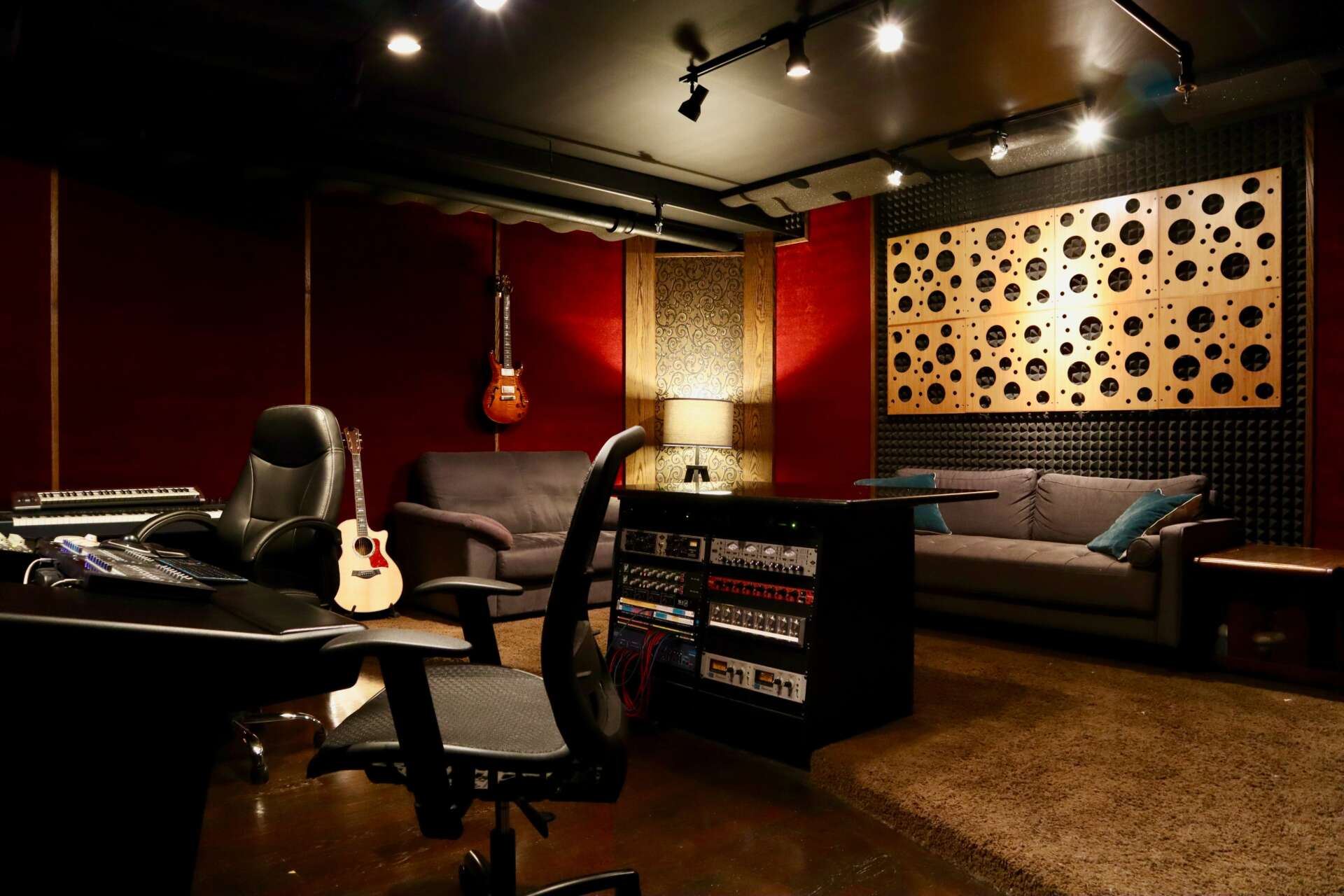
Mathew, before we move on to more of these sorts of questions, can you take some time to bring our readers up to speed on you and what you do?
My first exposure to recording came my senior year in high school when I took an elective course called “Electronic Music”. This had nothing to do with ‘electronic music’ as we know it today, but was an introduction to microphones, pre-amps, consoles, and 4-track (reel-to-reel) recording. I instantly fell in love with the idea of capturing performance and creating songs, and my career trajectory was set. I play guitar and loved playing in a band, but becoming a rock star just didn’t seem plausible. Yet working with other musicians and helping them achieve their vision was something that was very exciting and obtainable for me. The idea of hearing someone’s idea and getting inspired by that idea and then working to, not only achieve but go beyond their expectations, is what motivates me to this day.
Working in the recording field, you need a strong blend of technical and creative skills. You have to understand the advantages and limitations of the gear you are using, but also have a good knowledge of music theory and song structure and how that applies to the song you are working on. One constantly informs the other, and I feel I’ve always been able to seemlessly meld the two. I’m also very organized and detail oriented and believe this leads to a more efficient recording sessions. I strive to make the studio environment as comfortable and easy as possible which leads to better performances and therefore better recordings. Some of the best compliments I get from my clients are when they mention how smooth everything ran or how much fun they had recording.
Can you share a story from your journey that illustrates your resilience?
When I first left my position as a staff engineer, was probably the scariest decision I had made at that point. I was quitting a job at a great studio that was paying me to do what I loved doing, and it was unclear if I would have enough freelance work to make it worthwhile. I was used to working 40-60 hours a week at the studio, and the first few months I was maybe working 20 hours or less a week. A big change, and worrisome to say the least. But after my first year of being freelance I checked my finances and realized I had worked half as many hours, but made twice as much money. And with that knowledge came the assurance that I could make this work and never looked back.
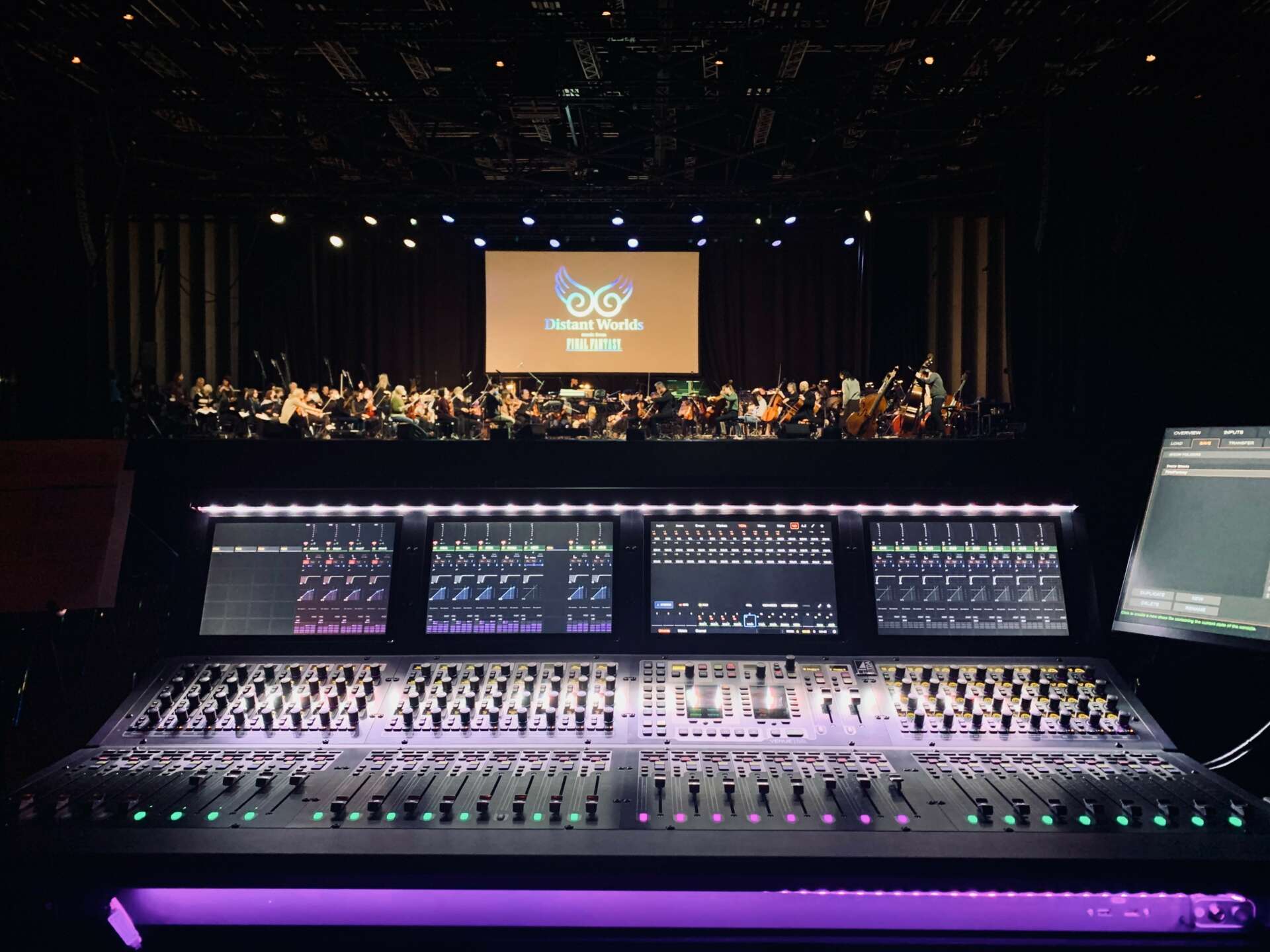
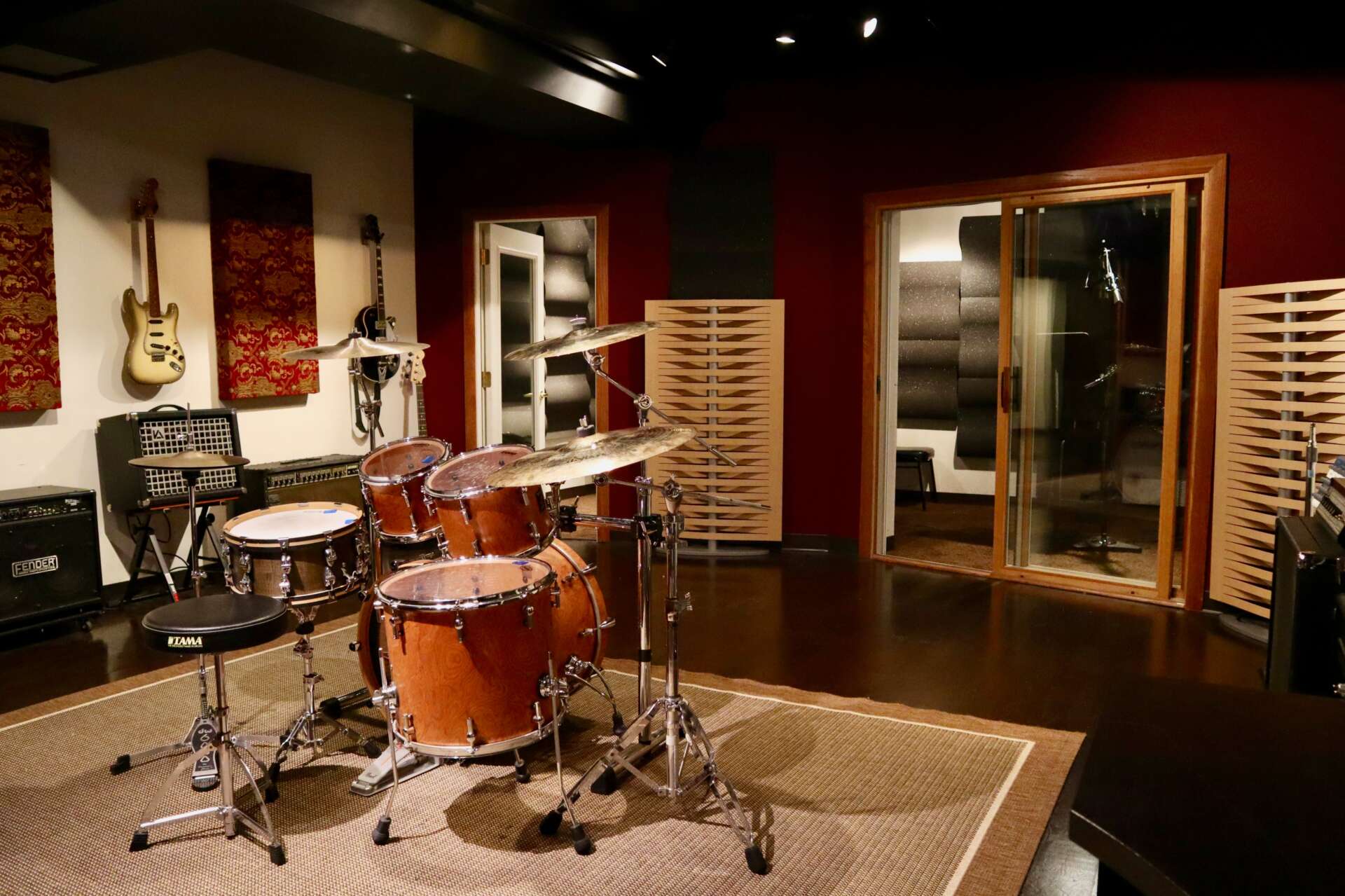
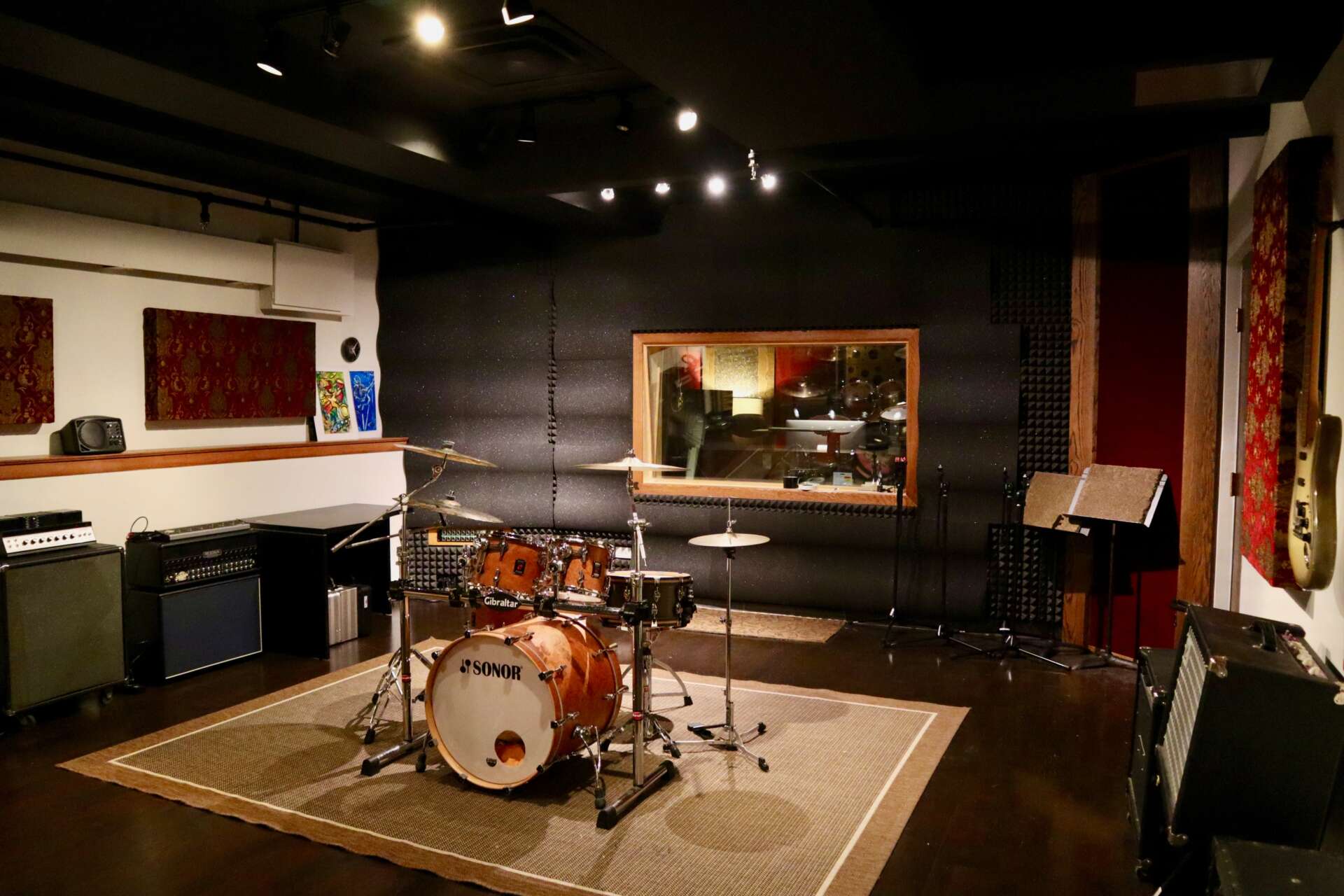
How’d you build such a strong reputation within your market?
Probably the one thing that has built my reputation is word of mouth. My clients being estatic over the work I’m providing them leads them to share with others and recommend me when their friends are looking for someone to record or produce their projects. I’ve tried other ways to generate business – advertising, social media, etc- but the thing that works best is the praise of a happy client. And it’s not just the final product that matters, but the experience of working with me too. I give the same professionalism and attention to detail to up-and-coming artists that I do for the well-known artists and high profile projects I work on. And I think this goes a long way in getting people to want to keep working with and recommending me to others.
Contact Info:
- Website: www.area44music.com
- Facebook: https://www.facebook.com/Area44Music


